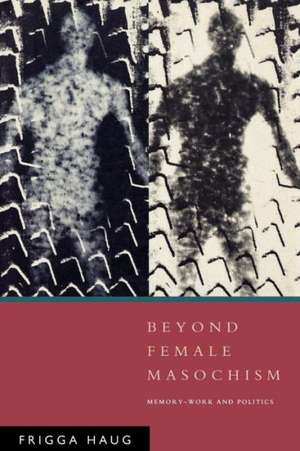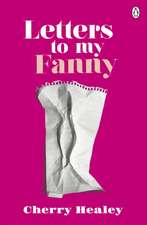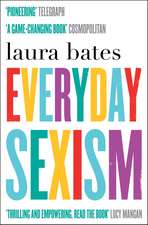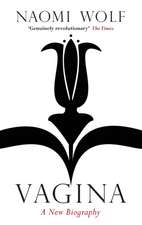Beyond Female Masochism: Questions for Feminism
Autor Frigga Haug Traducere de Rodney Livingstoneen Limba Engleză Paperback – 31 mai 1992
Under the headings of Socialization, Work and Politics, she combines the fruits of these investigations with the influential “memory-work” she has pioneered with women’s collectives, to throw startling new light on a wide range of themes and issues: personal ethics and public morality; daydreams, domesticity and consumerism; privatization, new technologies and the restructuring of the workplace; the evolution of women’s politics in Germany; the future of socialist feminism in the wake of Communism’s collapse.
Above all, this is a book which strives to find new links between the micro-politics of daily life and the evolving structures of capitalism. “If we could find out why and when our hopes for life were buried,” Haug argues, “then we could try to take our history in our own hands.” Beyond Female Masochism provides the materials, and inspiration, to do just that.
Preț: 147.06 lei
Nou
Puncte Express: 221
Preț estimativ în valută:
28.14€ • 29.52$ • 23.43£
28.14€ • 29.52$ • 23.43£
Carte disponibilă
Livrare economică 11-25 martie
Preluare comenzi: 021 569.72.76
Specificații
ISBN-13: 9780860915621
ISBN-10: 086091562X
Pagini: 268
Dimensiuni: 152 x 231 x 20 mm
Greutate: 0.46 kg
Editura: VERSO
Seria Questions for Feminism
ISBN-10: 086091562X
Pagini: 268
Dimensiuni: 152 x 231 x 20 mm
Greutate: 0.46 kg
Editura: VERSO
Seria Questions for Feminism
Recenzii
“In these invigorating and original essays, Frigga Haug bravely goes against the fashionable grain, working through dream, memory and experience and revealing theoretical contours for a much-needed reorientation of socialist feminist politics.”—Sheila Rowbotham



















